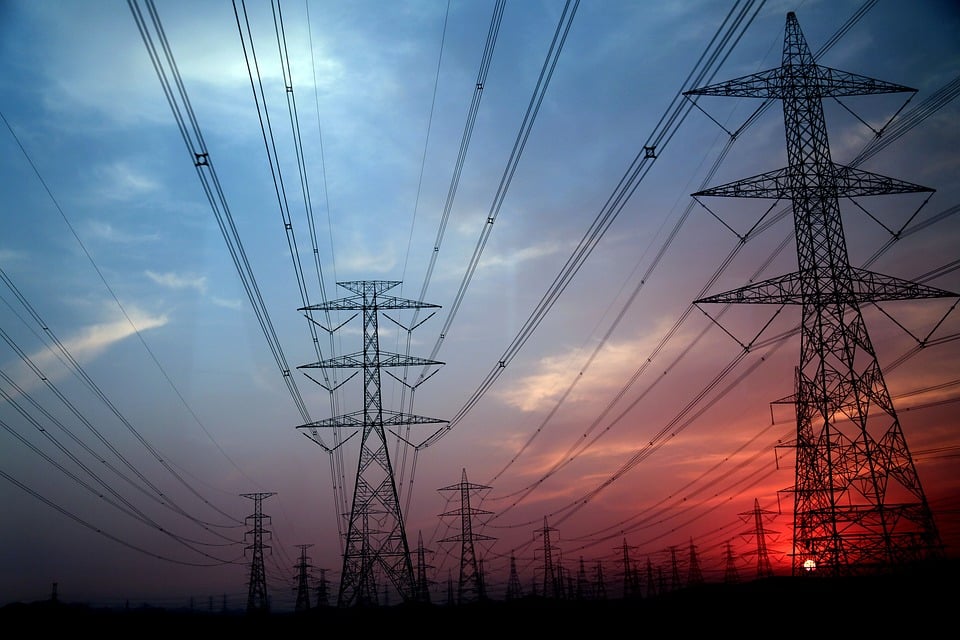DTE Electric Revises Long-Term Resource Plan to Include Michigan Commission Recommendations

DTE Electric Company on March 20 filed a revised integrated resource plan with the Michigan Public Service Commission incorporating changes that the agency recommended to the original plan. The new IRP includes a single pathway and eliminates the four possible scenarios in the previous plan, applies higher energy waste reduction targets, and removes unapproved supply-side resources for capacity needs over the next 15 years. The resource plan includes requests for proposals that the company issued in September 2019 to acquire wind and solar energy projects.
Last month, the commission sent the DTE Energy Co. subsidiary back to the drawing board on its long-term resource plan, citing fundamental flaws, including lack of competitive bidding for supply-side resource additions. The agency recommended that DTE issue a request for proposals for new generation, and raise the proposed energy efficiency targets. Considering the significant deficiencies, including a starting point that included a range of non-approved and non-optimized resources, the agency recommended removal of all unapproved supply-side resources.
The company said that the single pathway selected in the new plan calls for minor changes including a switch from wind to solar in renewable additions. The plan selects energy waste reduction levels of 1.75 percent in 2020, and 2 percent in 2021, assuming DTE Electric receives a final order in its upcoming revised waste reduction plan before Jan. 1, 2021.
The revisions include the reporting requirements proposed by the commission staff, particularly an annual report, beginning in 2021 along with a narrative that explains adjustments to the timing, scope, status, or costs associated with expense approvals for the first three years of the plan.
The plan revises the rate impact analysis to reflect the selection of a single pathway, removal of all unapproved supply-side resources from the defined period, revised energy efficiency levels, and removal of all demand response pilots except two of its ongoing programs approved of by the commission.
The company will commence a stakeholder event within 90 days of the Feb. 20, 2020 order and file a report on the results of the collaborative, including an overview of the alternative tools that were considered within 120 days of the order.
EnerKnol Pulses like this one are powered by the EnerKnol Platform—the first comprehensive database for real-time energy policy tracking. Sign up for a free trial below for access to key regulatory data and deep industry insights across the energy spectrum.
ACCESS FREE TRIAL